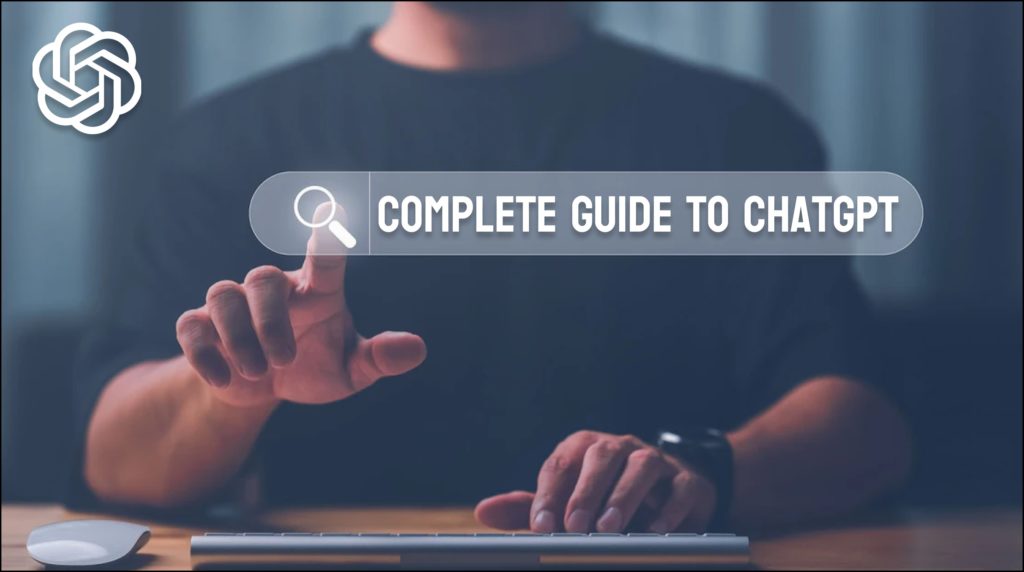How Accurate Is Chat GPT? A Complete Guide
The Curiosity Behind ChatGPT’s Accuracy
In today’s digital world, AI chatbots are everywhere. Among them, ChatGPT has gained massive popularity. People use it to write essays, draft emails, answer questions, and even generate code. But one question always comes up: how accurate is Chat GPT?
This is an important question because accuracy determines trust. If you’re relying on ChatGPT for schoolwork, business, or research, you need to know how much you can depend on it. Let’s break it down in a clear and simple way.
What Does Accuracy Mean in AI?
Before we dive deeper, let’s understand what “accuracy” means in the context of ChatGPT:
Factual Accuracy: Does ChatGPT provide correct information?
Contextual Accuracy: Does it understand your question properly and respond in the right context?
Language Accuracy: Is the grammar, tone, and style clear and correct?
Practical Accuracy: Does it help solve real-world problems effectively?
ChatGPT can perform well in all these areas, but it also has limitations.
How Accurate Is Chat GPT in General?
ChatGPT is trained on massive amounts of data, including books, articles, and websites. This helps it generate human-like responses. However, its accuracy depends on the type of task:
Everyday Conversations:
Very accurate for casual chats, brainstorming, or explanations.
Provides clear and human-like responses.
Factual Knowledge:
Quite accurate up to its training data cutoff.
Can sometimes produce outdated or incorrect information if the topic is very new.
Complex Topics:
Performs well but may miss nuances in technical, legal, or medical fields.
Always best to double-check important details.
In short, ChatGPT is highly accurate in language and reasoning, but factual accuracy may vary depending on the subject.
Strengths of ChatGPT’s Accuracy
Let’s look at where ChatGPT shines the most:
Writing and Content Creation
Produces well-structured articles, blogs, and essays.
Correct grammar, flow, and readability.
Great for first drafts and brainstorming.
Explaining Complex Ideas
Simplifies technical terms into easy-to-understand language.
Helpful for students learning new concepts.
Coding Assistance
Can generate accurate code snippets.
Provides quick debugging advice.
Works well for common programming languages.
Customer Support Responses
Creates polite and professional replies.
Understands context in customer queries.
Creative Uses
Storytelling, poetry, and idea generation are usually accurate in tone and style.
Limitations of ChatGPT’s Accuracy
Even though ChatGPT is powerful, it’s not perfect. Here are its main limitations:
Hallucinations (Made-Up Facts)
Sometimes, ChatGPT invents details that sound correct but are false.
Example: It may cite a book or study that doesn’t exist.
Outdated Knowledge
ChatGPT’s accuracy depends on its training cutoff.
It may not have the latest news, research, or trends.
Context Confusion
If the question is vague, it may provide an irrelevant answer.
Accuracy depends heavily on how clear the prompt is.
Specialized Fields
Not a replacement for professional advice in law, medicine, or finance.
May oversimplify complex problems.
Bias in Responses
Accuracy can be affected by biases in training data.
This sometimes results in partial or opinionated answers.
Factors That Affect ChatGPT’s Accuracy
Several things influence how accurate ChatGPT can be:
Prompt Clarity: The clearer your question, the more accurate the answer.
Topic Complexity: Simple facts are usually accurate; complex or niche topics may not be.
Training Data: The model relies on patterns in its training data, not real-time knowledge.
User Verification: Accuracy improves when users fact-check and refine prompts.
Real-World Accuracy Examples
Let’s see some scenarios where people use ChatGPT and how accurate it tends to be:
| Use Case | Accuracy Level | Notes |
|---|---|---|
| General Knowledge Questions | High | Accurate for most facts before training cutoff. |
| News & Current Events | Medium | May be outdated, needs verification. |
| Essay Writing | High | Grammar and structure are excellent. |
| Coding & Debugging | Medium-High | Works well but sometimes needs corrections. |
| Medical or Legal Advice | Low | Should not replace professionals. |
| Creative Writing | High | Great at style, tone, and imagination. |
Tips to Improve ChatGPT’s Accuracy
If you want the most accurate answers, follow these tips:
Be Specific in Your Prompts
Instead of asking “Tell me about space,” ask “What are the main differences between Mars and Earth?”
Ask Follow-Up Questions
Narrow down the context until you get the best answer.
Cross-Check Information
Use ChatGPT as a starting point, not the final authority.
Use for Drafting, Not Final Work
Perfect for first drafts, outlines, or brainstorming.
Always polish the final version with fact-checking.
Stay Updated
For current events, rely on up-to-date sources alongside ChatGPT.
Why ChatGPT Feels Accurate Even When It’s Not
ChatGPT is designed to sound confident. That’s why even when it provides incorrect information, it still feels believable. This is both its strength and weakness. While the language is accurate and polished, the facts need to be verified.
How Accurate Is Chat GPT Compared to Humans?
Speed: ChatGPT is much faster at generating information.
Consistency: It rarely makes grammar or spelling mistakes.
Knowledge Breadth: Covers a wide range of topics instantly.
Human Judgment: Still better in areas requiring critical thinking, emotions, or lived experience.
So, ChatGPT is an excellent tool, but it cannot replace human accuracy in decision-making.
Future of ChatGPT’s Accuracy
As AI models improve, ChatGPT’s accuracy will continue to rise. Future versions may:
Include real-time updates for fresher information.
Reduce hallucinations with better fact-checking tools.
Offer field-specific expertise for medicine, law, and science.
Integrate with trusted databases for verified knowledge.
Conclusion: Can You Trust ChatGPT’s Accuracy?
So, how accurate is Chat GPT? The answer is: very accurate for general tasks, writing, and explanations, but not flawless for specialized or real-time information.
Think of ChatGPT as a smart assistant—great at helping, but not a replacement for human judgment or expert advice.
If you use it wisely—by asking clear questions, cross-checking facts, and treating it as a guide—you’ll find it extremely useful and reliable.











Post Comment